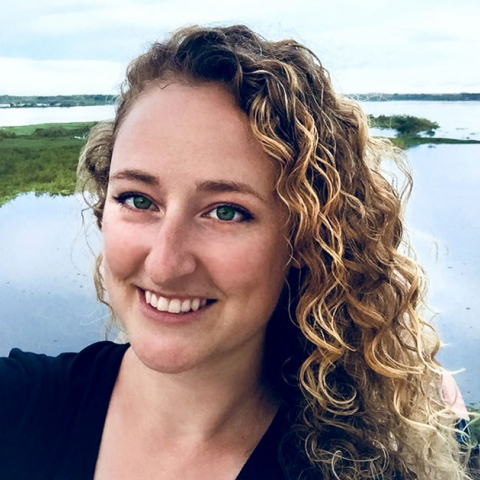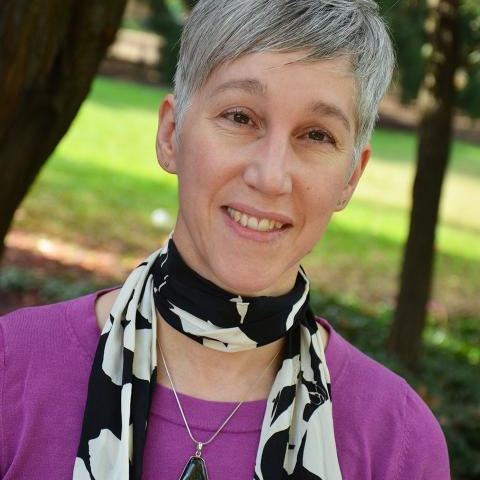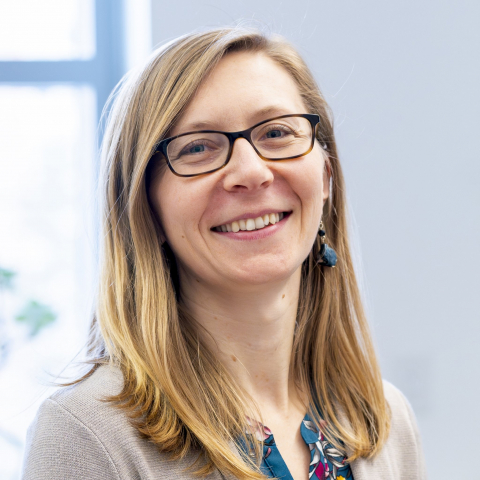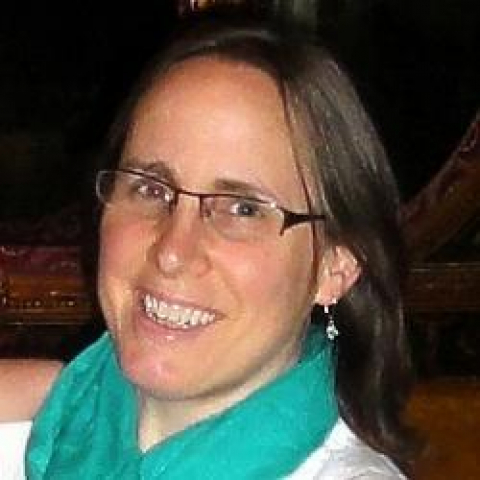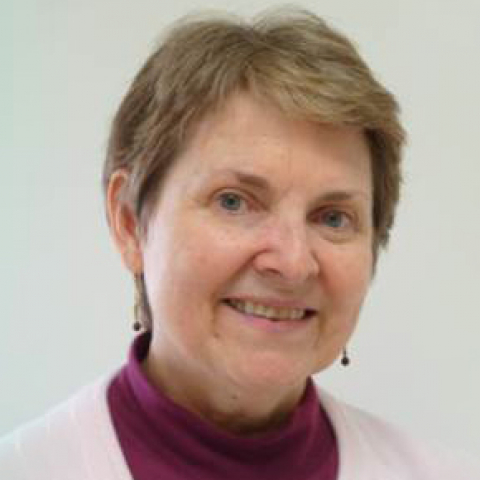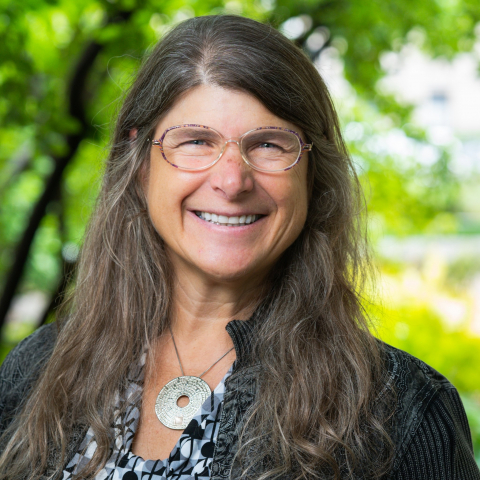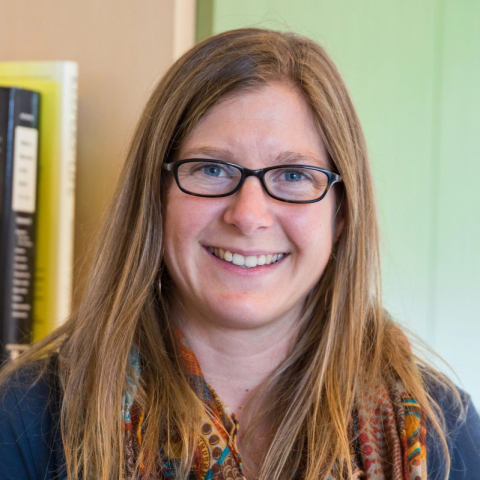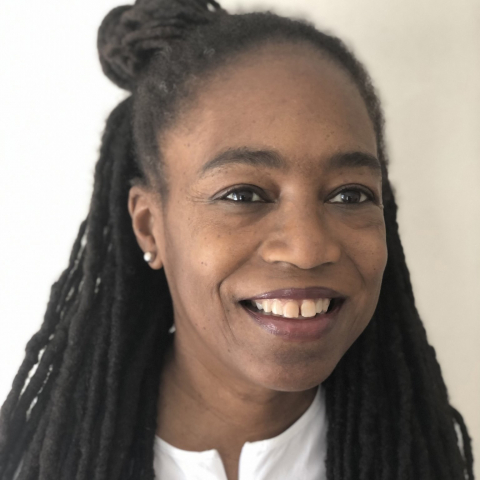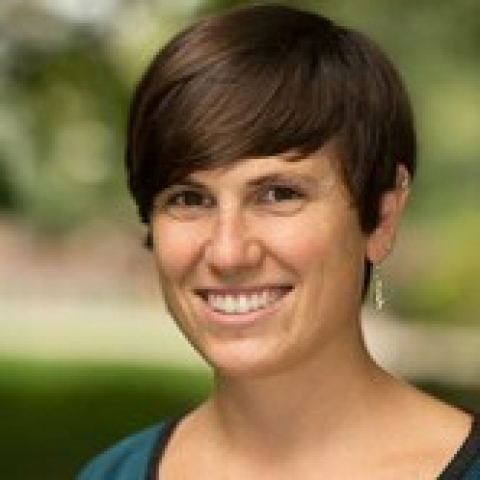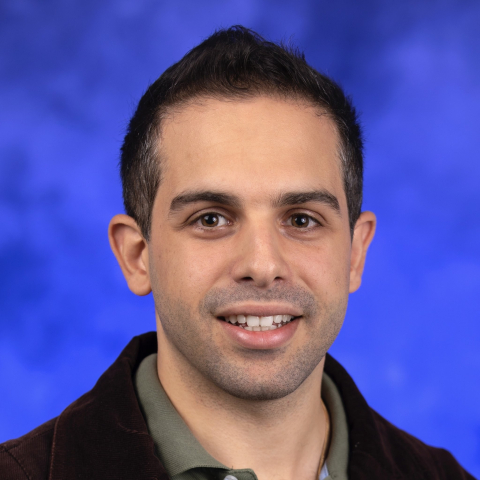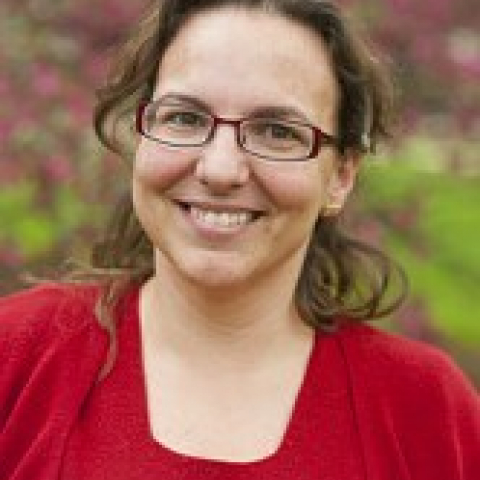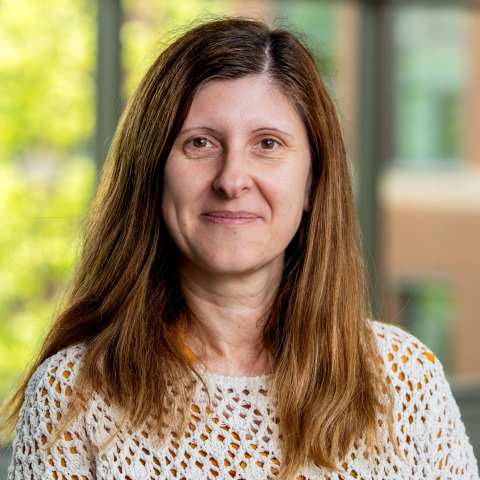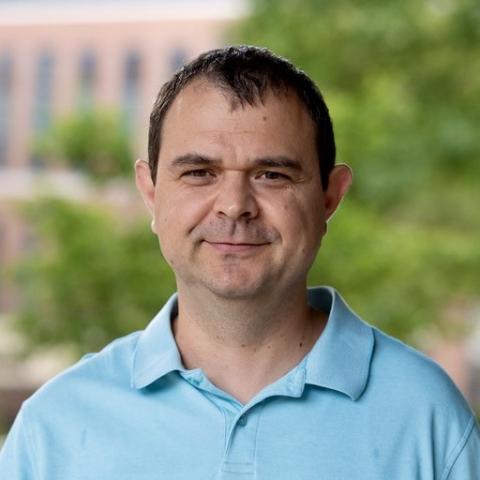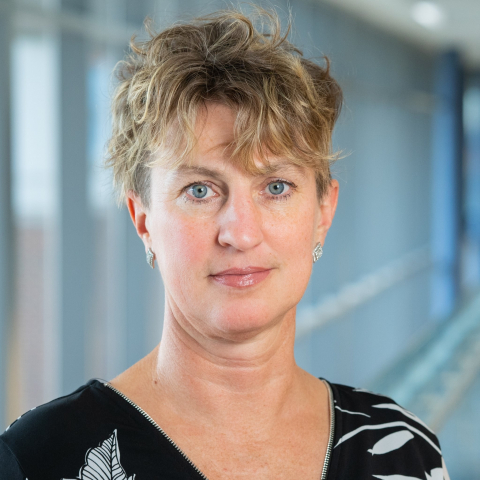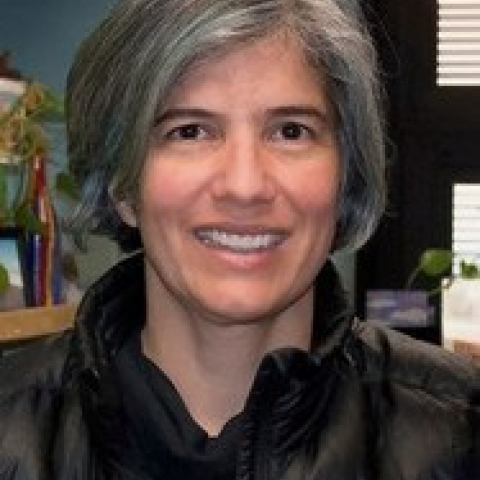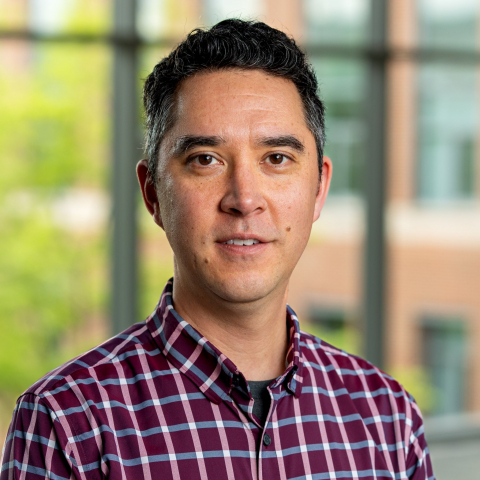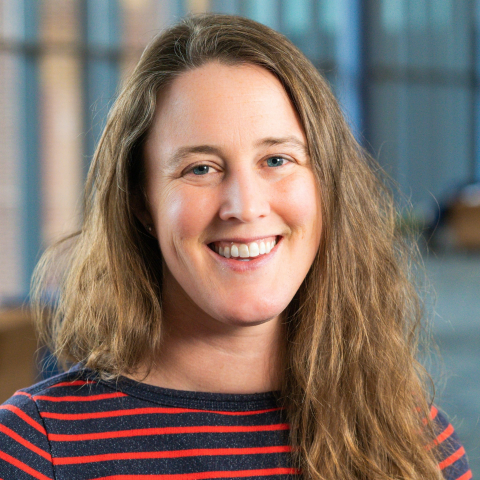Environmental Microbiomes

Researchers across three different Penn State Colleges are exploring microbiomes in soils, biocrusts, coral reefs, and geological settings, in both natural and man-made environments. Our research also asks questions about how environmental microbiomes respond to changes in climate or ecology, and how these changes may be leveraged to improve key problems today in climate change, deforestation, and fire.
Check out the Phytobiomes Initiative at Penn State to learn more about our research focused on examining the diverse microbial systems of plants.
Faculty Working in Environmental Microbiomes
Leann Andrews
Assistant Professor of Landscape Architecture
One Health and the built environment, landscape systems, urban ecological design, design activism, community design, transdisciplinary action research and training programs
Elizabeth Boyer
Professor of Environmental Science
Hydrology, Biogeochemistry, Environmental Systems, Water Quality.
Mary Ann Bruns
Professor of Soil Microbiology and Biogeochemistry; Faculty-in-Charge of Microbiome Sciences Dual-Title Degree Program
Compositions and functions of microbiomes in agriculture, ecological restoration, and engineered systems for ecosystem service provision and climate change adaptation
Carolee Bull
Professor of Plant Pathology; Bacterial Systematics Head; Director of Microbiome Sciences Dual-Title Degree Program
Bacterial systematics, epidemiology, and population biology of bacterial plant pathogens and biological control agents to develop alternatives to synthetic chemicals for plant disease management
Liana Burghardt
Director of the Center for Root and Rhizosphere Biology; Huck Early Career Chair of Root Biology and Rhizosphere Interactions; Assistant Professor of Plant Science
Plant-microbe-climate interactions; the evolution and ecology of legumes and nitrogen-fixing rhizobia; the genomic basis and environment dependence of root, nodule, and mutualism traits; GWAS/transcriptomics/evolve & resequence methodologies
Estelle Couradeau
Assistant Professor of Ecosystem Science & Management
Sharifa Crandall
Assistant Professor of Plant Pathology and Environmental Microbiology
Drawing from community ecology theory to understand how fungal and oomycete pathogens shape plant disease dynamics, with a focus on root and soil microbiome diversity, structure, and function; how ecological disturbances drive the complex interactions between hosts, microbes, and the environment across time and space and using this information to inform plant disease management.
Felecia Davis
Associate Professor of Architecture
Development of Bio degradable materials, primarily natural animal and plant fibers for textiles to use in architectural components and applications.
Ilias Georgakopoulos-Soares
Assistant Professor
The development and implementation of new computational methods in genomics and molecular biology, with the aim of identifying genetic biomarkers for the diagnosis, monitoring, and treatment of human diseases, including bacterial and viral infections and of aging-associated diseases including neurodegenerative diseases and cancer.
María del Mar Jiménez Gasco
Professor of Plant Pathology and Environmental Mictobiology; Head, Dept of Plant Pathology and Environmental Microbiology
Camelia Kantor
Associate Director of Strategic Initiatives; Research Professor
Camelia Kantor is a highly interdisciplinary geospatial researcher and integrator. Before joining Huck, her prior work involved HBCU teaching, research and training and national security related program assessment and management. Her research interests are at the intersection of geospatial, life sciences, and business. Since 2010, she has been a frequent speaker, conference lead, and academic program evaluator.
Joshua Kellogg
Emphasis Area Representative, Molecular Toxicology; Assistant Professor of Veterinary and Biomedical Sciences
Development of new metabolomics tools for chemical and biological characterization of complex systems. Discovery of new natural products from plants and microorganisms with novel bioactivity against pathogenic fungi and neglected tropical diseases. Bioanalytical techniques to probe the mechanism of action and basic biology of these target organisms. Ethnobotany and indigenous knowledge surrounding plant-based medicine.
Jennifer Macalady
Director of the Ecology Institute; Professor of Geosciences
Microbial interactions with earth materials: soils, sediments, solutes, atmospheric gases, minerals, and rocks. Early evolution of Earth’s biosphere, including photosynthesis and sulfur cycling. Microbial ecology, environmental omics, microbial biogeography.
Tim Miyashiro
Professor of Biochemistry and Molecular Biology
How bacteria adapt to a host environment. The mutualistic symbiosis established between the Hawaiian bobtail squid (Euprymna scolopes) and a bioluminescent bacterium (Vibrio fischeri).
